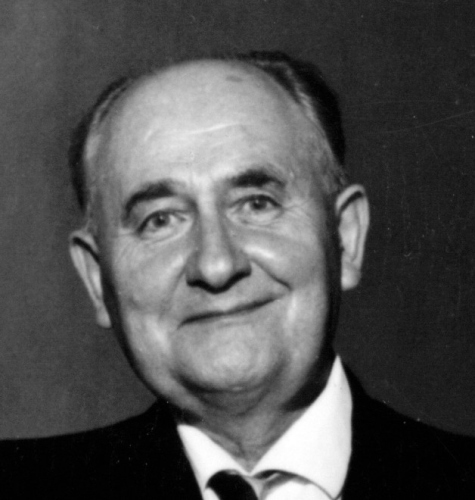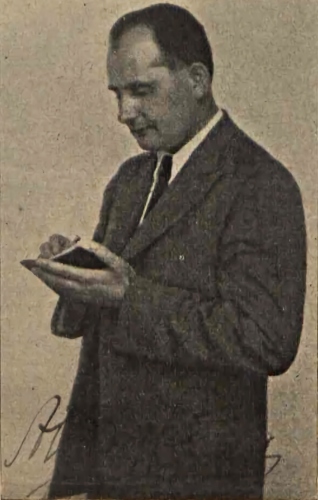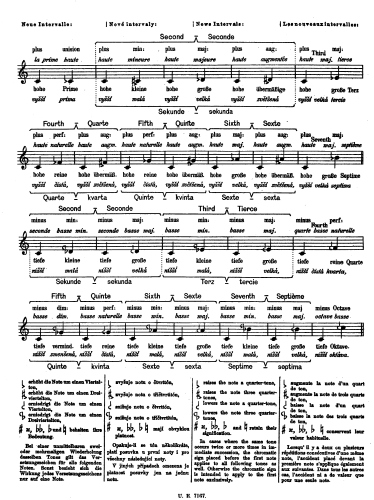His composition—the Second String Quartet—was performed during the first official ISCM festival in Salzburg in 1923. He also played a key role in that organisation and its Czechoslovak branch, including as an international jury member at the ISCM festivals in 1927, 1928, and 1938 (as well as in 1958 and 1961).
Hába was also an active member of the Anthroposophical Society, maintaining close connections with its international structures. The influence of anthroposophy on Hába manifested in various aspects of his activities. He was guided by its principles in his approach to other people, demonstrating openness toward individuals of different faiths and convictions. Anthroposophy inspired also his own musical theory and practice. Moreover, his conception of socialism, shaped by Rudolf Steiner's anthroposophical ideas, differed significantly from the Soviet vision of socialist realism.
After World War II, at the end of the 1940s, despite Hába's previous engagement with the Soviet Union, his political and aesthetic views began to be perceived as ideologically unreliable. Consequently, he spent the last 20 years of his life as an independent artist.


